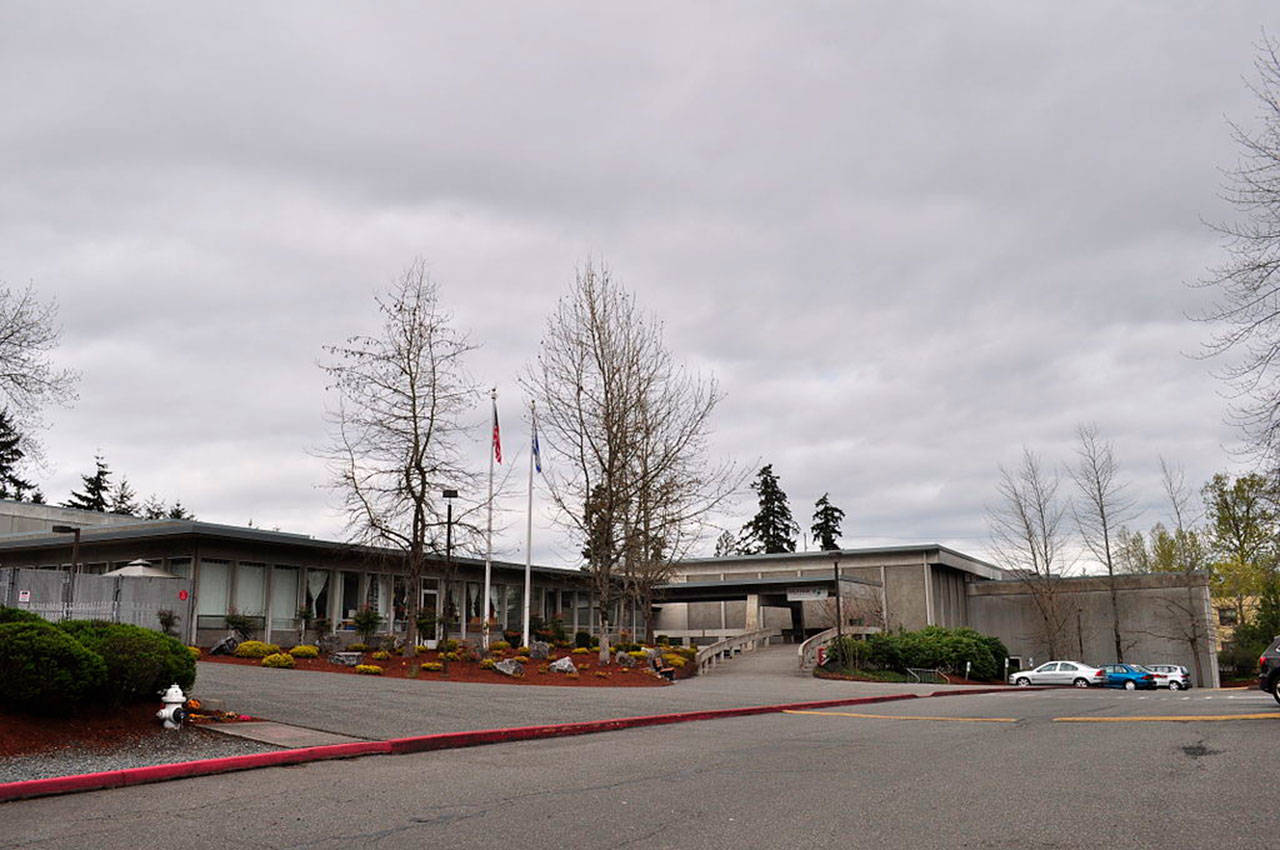By Rep. Derek Kilmer and Joseph Schocken
Special to the Reporter
February 27, 2017 was a regular evening at the Stroum Jewish Community Center on Mercer Island. The center was alive as roughly 200 people swam laps in the pool, lifted weights in the gym, took classes or drank coffee in the cafe.
They were a community of people, united by their common faith. Then they were targeted because of it. On that night, a man cowardly hiding behind the anonymity of the phone called in a bomb threat to the Stroum JCC.
Children and their parents, seniors and young adults were evacuated as the police raced in to sweep the center with bomb-sniffing dogs.
Sadly, what happened in our region isn’t unique.
In the first three months of 2017, more than 85 Jewish community centers across the country received 126 bomb threats.
Our region knows too well that each threat must be taken seriously. We saw the worst manifestation of hatred in 2006 when a man walked into the Jewish Federation of Greater Seattle with two handguns and committed an act of anti-Semitic violence that left a woman dead and others wounded.
Hate crimes don’t just target one faith. In 2017, the FBI released a report showing hate crimes are at a five-year high. And reports from the Southern Poverty Law Center, an organization that tracks hate crimes, suggest that there could be as many as 40 times more incidents than the FBI currently reports. By the most conservative estimates, hate crimes targeting Muslims, Jews and Catholics are all up.
In 2017, in addition to hundreds of threats against synagogues, a bomb targeting Muslims at a Minnesota mosque exploded as they gathered for morning prayers. We saw Christians in Tennessee and Texas slaughtered in church pews as they prayed.
In this sad context, houses of worship and religiously-affiliated community centers — whether it’s the JCC or the YMCA —must act when a threat is called in. They must spend money that could go to scholarships, community events and gym equipment instead on cameras, security guards, fences and locks.
After the threat called into the Stroum Jewish Community Center, members of our community learned that unlike concrete acts of violence that target houses of worship and religious community centers, threats of violence — regardless of the chaos they cause — were not classified as hate crimes.
Earlier this year, we discussed that shortcoming in the law and decided to do something about it. The result was the Protecting Religiously Affiliated Institutions Act of 2017.
In December, the House of Representatives passed this legislation with near unanimous support. If passed by the Senate and signed into law, calling in a threat against a house of worship or religiously-affiliated nonprofit, like a community center, would become a hate crime.
It is no coincidence that freedom of speech is enshrined in the same sentence of the First Amendment that gives Americans the freedom to worship and peacefully assemble. These ideals have been fundamental to America’s identity since our nation was just an idea of persecuted pilgrims seeking religious freedom. It’s why so many around the world still look to us as a beacon of all that is good and just.
These same freedoms create a society where someone can use a phone to threaten violence and create chaos and fear. But these freedoms also empower us to govern ourselves and pass legislation to right wrongs. While this bill was written by a Democrat, it passed in no small part because of the support it received by Democrats, Republicans and everyday Americans.
Our system of government works best when people speak up, when elected officials listen and when all of us work together to solve problems. In this New Year, we hope the Senate passes this hate crimes legislation and the president signs it into law.
And, we hope the leaders of our nation and people everywhere stand together with a united voice to condemn hate wherever it exists.
Derek Kilmer represents Washington’s 6th Congressional District in the U.S. House of Representatives. Joseph Schocken serves on the AIPAC National Council and the local Community Relations Committee of the Jewish Federation of Greater Seattle.



